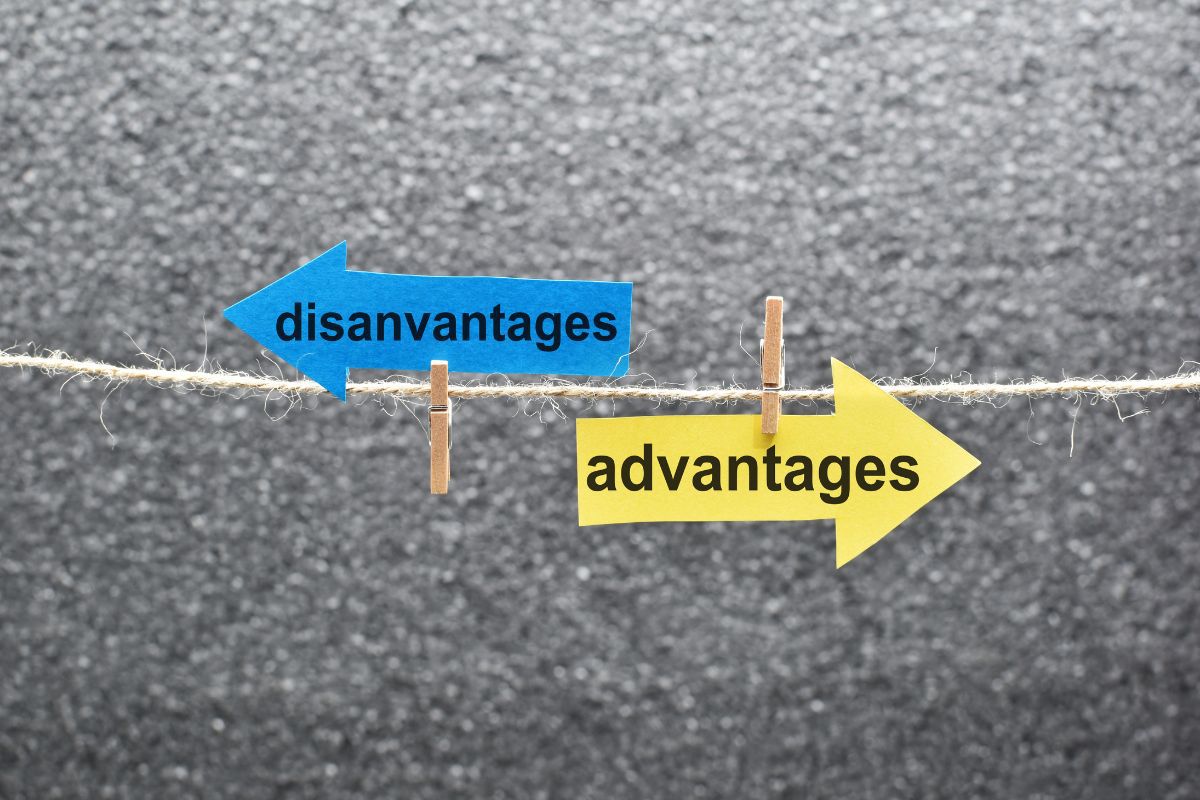Owning your own business is an exciting proposition. Although it means long hours and hard work, it also likely means fulfilling a dream you have thought about for many years. Building your business means thinking hard about market demand, taxes, inventory, staffing and marketing, just to name a few issues. Collecting accounts receivable is also essential to make sure your business continues to drive forward in order for you to achieve your goals. If you own or manage an interpreter business, you have likely provided interpreter services for a variety of industries. Providing these services in the legal field will often lead your business to be involved in the workers’ compensation system. Making sure you get your invoices paid on time and in the correct amount can be tricky when you are arguing with an insurance company. If you are tired of being the one to deal with the insurance company, there are choices, including commissioned collections or legal representation. Commissioned collections means that you retain the services of a professional service to deal with the insurance company on your behalf and get your accounts receivable paid in a timely manner and in the correct amount. There are advantages and disadvantages to this process that you should consider.
One of the main advantages to using commissioned collections, as mentioned above, is that you will no longer have to deal with the insurance company. Although collecting accounts receivable is an essential component for your business, that does not mean that you want to be focusing your time and effort on that. Using commissioned collections means that your representative will deal with the insurance company. This means spending the time on the phone and dealing with written communication necessary to move forward with your case. In addition, your representative should be well acquainted with the requirements of that written communication to make sure your invoice is properly collectable.
A main disadvantage of commissioned collections is that it is not necessarily free. Commissioned collections can mean that your representative takes a percentage of what you recover from the insurance company as payment. Another disadvantage can be finding a well-qualified representative to represent you. Most Attorneys will not litigate a $300 Invoice for a portion of the recovery. This solution is best used for Treatment balances, which are more conducive to the risk/reward of commission collections by a non-attorney.
If you have outstanding Interpreter Invoices for Med-Legal (AME/QME) or Costs (Depositions/ Appearances/Settlement Translations), a better solution may be an Attorney who can typically recover your full balance for you and seek any representation Attorney Fees from the Insurance Carrier. This maximizes your recovery in situations where reasonableness and necessity of the underlying service is not in issue, but the Carrier still did not pay correctly.
If you have questions about your interpreter business and how it fits in the workers’ compensation system, contact us today. We have extensive experience helping interpreters collect the fees they are owed from insurance companies.

